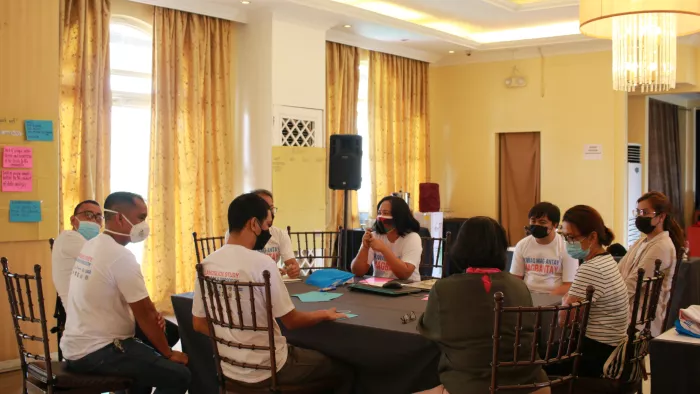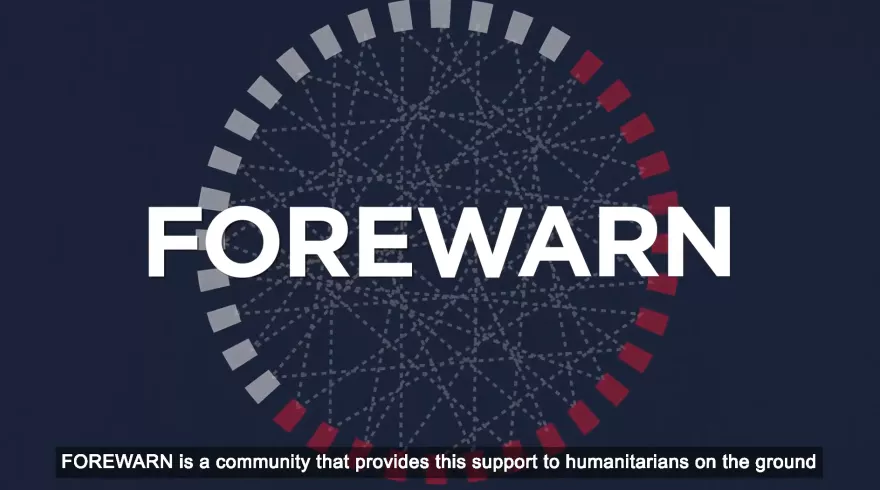Anticipatory action allows Start Network and its partners to mobilize financial resources and life-saving supplies even before a disaster strikes. To do this, robust forecasts and risk analysis are needed. This often requires the expertise and advise of actors who do not traditionally work with humanitarians.
FOREWARN Philippines addresses this gap by connecting multidisciplinary experts on disaster risk, forecasting, and crisis anticipation to complement the work of humanitarian communities. This collaboration results to timely, dependable, and effective aid to communities at risk before a disaster happens.
Addressing risks and anticipating crises
The Philippines ranked 3rd among all of the countries with the highest risks worldwide. In a survey conducted among Start Network members in the Philippines, severe winds and flooding caused by tropical cyclones were identified as having the most impactful hazards in the country.
On average, 20 tropical cyclones enter the Philippines every year. Around 20-25% of them develop into severe typhoons which leave staggering economic costs in affected communities. One reason why cyclones are difficult to anticipate is because an official forecast is released only three days prior to a storm making landfall. For the last six years, Start Network members in the Philippines have a low rate of success in activating tropical cyclones to access Start Fund resources, both for response and early action.
Start Network members and technical partners are changing this today through the development of a Disaster Risk Finance (DRF) system for tropical cyclones and soon for other hazards as well. The DRF will shift from reactive crisis response to proactive interventions - saving lives, livelihoods, and costs.


